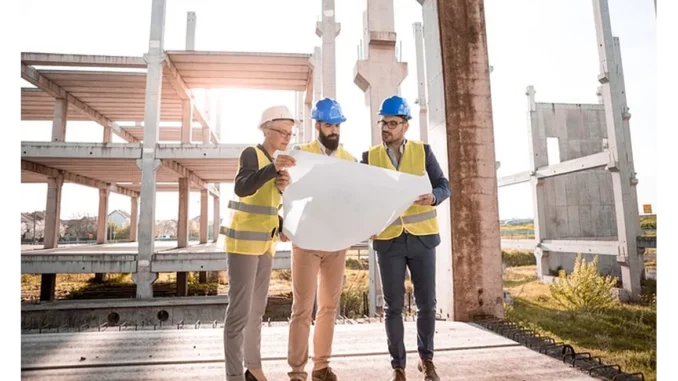
During an insightful conversation with Lisa Turner, a housing officer for a major social housing association in Manchester, the gravity of our discussion was palpable. Ed Miliband’s recent declaration at the Labour conference had sent ripples through the social housing sector. The ambitious plan to enhance energy efficiency standards for social homes had ignited fervent discussions among housing professionals.
Successful low-energy building design hinges on careful planning. Focus360 Energy can help.
“Lisa,” I began, “how did you first come across Ed Miliband’s announcement?”
“I was actually present at the conference,” Lisa responded, her eyes bright with enthusiasm. “It’s rare to witness such pivotal policy announcements firsthand. The atmosphere was charged with excitement, and when Miliband introduced the energy efficiency plans, it was evident that this was a transformative moment.”
Lisa elaborated on Labour’s strategy to mandate all social homes in England to achieve at least a ‘C’ rating on the Energy Performance Certificate (EPC) by 2030. This initiative is not merely a policy shift but a necessary progression. Presently, roughly one-third of social homes, equating to around 1.2 million properties, are rated ‘D’ or lower. Consequently, a substantial segment of social housing tenants resides in energy-inefficient homes, leading to inflated fuel bills and heightened carbon emissions.
“This initiative transcends climate targets,” Lisa remarked. “It’s about ensuring our tenants can afford to heat their homes. Energy efficiency is intrinsically linked to fuel poverty. By elevating the standards, we’re not only aiding the environment but also enhancing people’s lives.”
When asked about the specific changes required to meet these new standards, Lisa outlined the extensive work needed. “Primarily, it involves upgrading insulation, replacing outdated windows with double glazing, and modernising heating systems. It’s a colossal task, but entirely feasible.”
Lisa shared insights into the challenges and opportunities presented by this plan. “The principal challenge is the financial burden. Retrofitting homes to meet these standards is costly. Nonetheless, there are funding schemes available, and Labour has indicated potential financial support for social landlords. Moreover, the long-term savings on energy bills will be considerable.”
She paused, reflecting on the initiative’s enormity. “It’s also about shifting perspectives. Some landlords might resist the initial costs, but we must consider the broader picture. This is an investment in the future.”
The conversation then turned to the proposed consultation Labour plans to undertake later this year. “Consultation is crucial,” Lisa emphasised. “We need input from all stakeholders – tenants, landlords, housing associations, and energy experts. Ensuring the policy is practical and effective requires everyone’s voice to be heard.”
Curious about the tenants’ reactions, I inquired about their response to the announcement. “Most of our tenants are very supportive. They stand to benefit the most. The promise of lower energy bills and warmer homes is incredibly appealing. There’s a sense of optimism that this will finally address some long-standing issues.”
However, not all feedback was positive. Lisa mentioned some tenants’ scepticism about the feasibility of these changes. “There’s a great deal of distrust. People have heard promises before that went unfulfilled. It’s incumbent upon us in the housing sector to build trust and demonstrate our commitment to these improvements.”
As our discussion drew to a close, Lisa reflected on the broader implications of the policy. “This initiative extends beyond social housing. By setting a higher standard, we are nudging the entire housing market towards greater energy efficiency. Private landlords will have to follow suit, thereby elevating the overall standards.”
She continued, “I believe Miliband’s plan is visionary. It’s not just about achieving climate goals but about fostering a fairer society where everyone has access to affordable, warm, and energy-efficient homes. Such bold leadership is long overdue.”
Leaving the interview, I felt a renewed sense of optimism. Speaking with Lisa had provided a deeper understanding of the challenges and opportunities ahead. The task is monumental, but the benefits for individuals and society make it a worthy pursuit.
Labour’s proposal to elevate energy efficiency standards for social housing marks a significant stride towards a more sustainable and equitable future. Although complex, with dedicated professionals like Lisa Turner at the forefront, there is hope that these ambitious objectives can be realised.


Be the first to comment